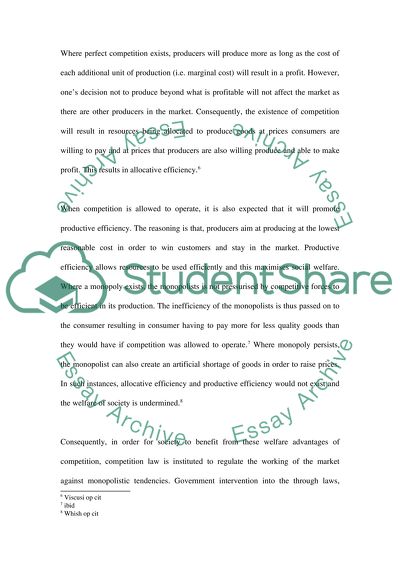Cite this document
(The Way the UK Competition Authorities Utilise Non-Economic Policy Assignment, n.d.)
The Way the UK Competition Authorities Utilise Non-Economic Policy Assignment. Retrieved from https://studentshare.org/law/1530586-competition-law
The Way the UK Competition Authorities Utilise Non-Economic Policy Assignment. Retrieved from https://studentshare.org/law/1530586-competition-law
(The Way the UK Competition Authorities Utilise Non-Economic Policy Assignment)
The Way the UK Competition Authorities Utilise Non-Economic Policy Assignment. https://studentshare.org/law/1530586-competition-law.
The Way the UK Competition Authorities Utilise Non-Economic Policy Assignment. https://studentshare.org/law/1530586-competition-law.
“The Way the UK Competition Authorities Utilise Non-Economic Policy Assignment”, n.d. https://studentshare.org/law/1530586-competition-law.


